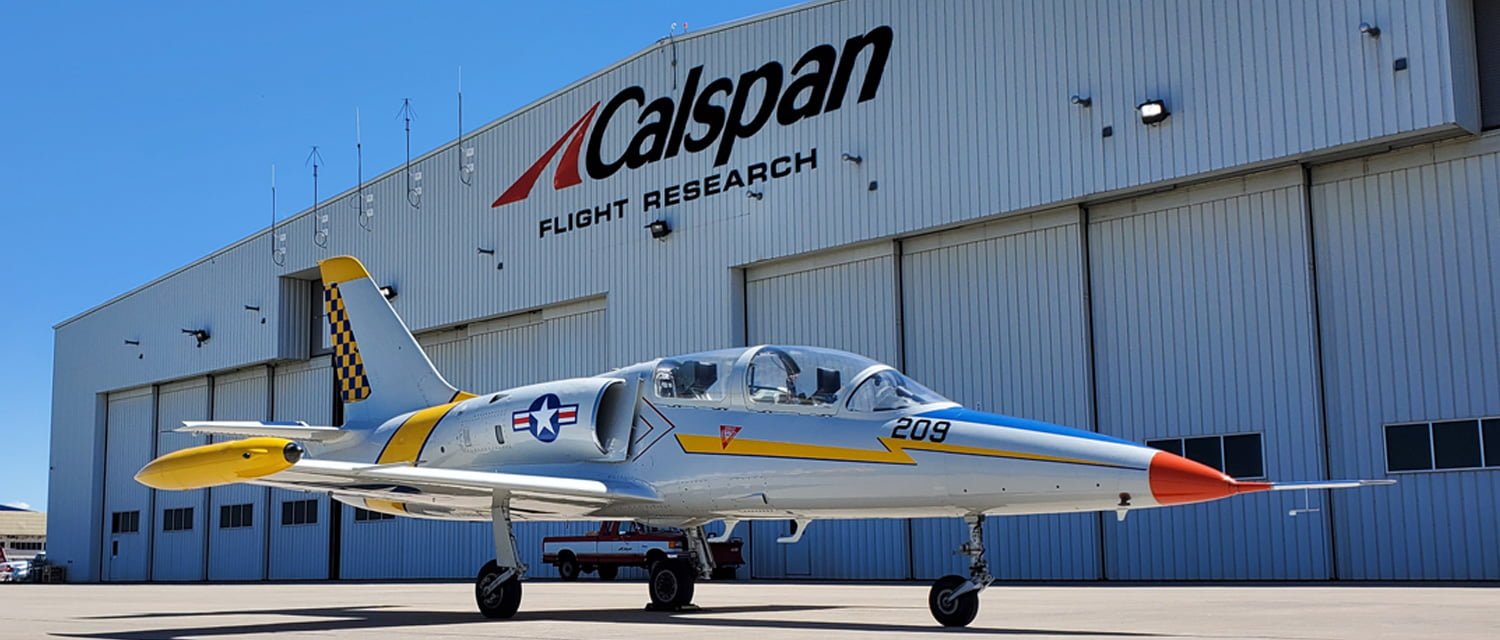Artificial intelligence to fly US fighter jets in 2024

A DARPA research program is developing AI systems to fight aerial battles on their own. The AI pilots are expected to fly for the first time in 2024.
The U.S. Department of Defense plans to invest nearly $1 billion US-Dollar in artificial intelligence in 2022. Currently, more than 600 projects are underway to integrate AI into warfare.
In addition to the use of AI technology in the analysis of intelligence data, decision-making or logistics, AI systems are also expected to control autonomous drones that can scout and attack on their own.
The Defense Advanced Research Projects Agency (DARPA), which often bids for and funds projects limited to a few years to research and develop new technologies, is significantly involved.
DARPA projects are developing unmanned underwater vehicles for the U.S. Navy, Gremlin drones that can be recovered from Air Force C-130 aircraft, and large drone swarm (OFFSET) technologies, among others.
ACE is developing the future of air combat
The future of air combat is currently being developed in the Air Combat Evolution (ACE) program. ACE's goal: trustworthy and scalable autonomous AI systems for air combat.
The AI pilots control an aircraft in cooperation with human pilots, who in the future will assume the role of "battle managers" and command unmanned drones.
Humans will monitor the maneuvers of their AI pilots and intervene only in extreme emergencies. The AI pilot will even be able to fight aerial battles against enemy aircraft on its own.
The ACE program is part of the idea of dividing the armed forces into smaller, less expensive units: fewer people, more expendable machines - "mosaic warfare" is what DARPA calls it.
A first alpha test of AI systems submitted to the program took place as early as 2020 in a simulated dogfight with a human pilot. The AI pilot from the winning company Heron Systems beat the human Air Force pilot in five out of five dogfights.
Sim2Real transfer likely in 2023
Victory in the simulator was a milestone, but the road to the real cockpit is still long. Stakeholders see aerial combat in a real aircraft as a major challenge for AI systems.
Now the system is to prove itself in further simulations and under more difficult conditions against two opponents. To make the leap into the real world - the so-called Sim2Real transfer - an extensively modified L-39 trainer jet already flew about 20 times over Lake Ontario in May 2021. Each flight provides data that helps develop a realistic flight model for further simulation training.
The AI system trained with a realistic flight model will then be tested in smaller drones before it is expected to make its first maiden flight in 2023 in an L-39 jet converted by Calspan Corporation.
Without trust, AI pilots are pointless
At the same time, the teams involved are researching human-machine interaction: the human pilots must trust the AI system in order to be able to perform their future role as "battle managers".
"If there is no trust, the human will always watch the AI and say, 'Oh, I have to take over,'" said Robert Work, deputy secretary of defense during the Obama administration and a proponent of the new technologies.
So a responsible team wants to keep human pilots informed with information about the next steps the AI pilots are planning: Visual and other interfaces will let human pilots know what the AI is planning and whether they can trust it, according to Glenn Taylor, a scientist at SoarTech, the company involved.
Phil Chu, scientific advisor to the ACE program, says, "If we can show the pilot what the AI is going to do in the next four seconds, that's a very long time."
Initial cooperative testing in virtual reality has already been completed. The next step is to use a real simulator to study how g-forces affect humans' trust in their AI pilot.
Lead researcher Tom Schnell emphasizes the need for real-world flight tests. "Everyone’s a hero in the sim. To truly trigger this trust equation we’re working on, you have to have another piece of metal coming right at you."
The team plans to conduct its first training air combat in 2024 with four L-39 aircraft controlled by AI pilots.
AI News Without the Hype – Curated by Humans
As a THE DECODER subscriber, you get ad-free reading, our weekly AI newsletter, the exclusive "AI Radar" Frontier Report 6× per year, access to comments, and our complete archive.
Subscribe nowAI news without the hype
Curated by humans.
- Over 20 percent launch discount.
- Read without distractions – no Google ads.
- Access to comments and community discussions.
- Weekly AI newsletter.
- 6 times a year: “AI Radar” – deep dives on key AI topics.
- Up to 25 % off on KI Pro online events.
- Access to our full ten-year archive.
- Get the latest AI news from The Decoder.